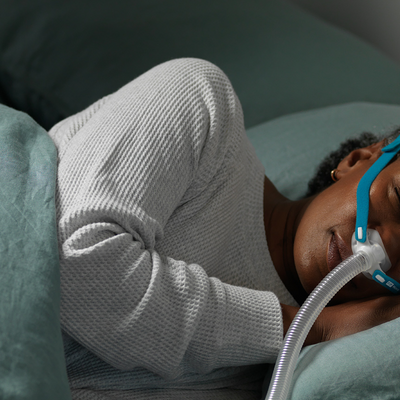While we often look to what happens at night when individuals sleep, it is increasingly important to see how individuals behave during their waking hours to better assess how well they are sleeping. Studies show that adults should be getting no less than 7 hours of sleep per night to maintain proper sleep hygiene. When one doesn’t receive proper sleep, a number of comorbidities and conditions can occur and start to affect everyday life. Oftentimes, individuals are unaware they are not receiving the proper sleep needed and find themselves suffering from a lack of productivity, trouble concentrating, irritability, and more.

If it takes you less than five minutes to fall asleep, it's likely that you're sleep deprived. Interestingly, the average person falls asleep within 7 minutes.
Below are a few tell-tale signs that you may be suffering from a lack of sleep - that may be related to sleep apnea. If you feel any of these symptoms speak to you, reach out to a Lofta sleep specialist today and learn how to get a home sleep test tonight!
1. You cant focus.
2. Your judgement may be off.
3. You can't solve tough problems.
Remember, how you sleep affects your entire waking hours so it's best to ensure you're receiving the proper sleep to function throughout the day. Reach out to a Lofta specialist today and get on the path to better sleep tonight.
——
Sources:
















